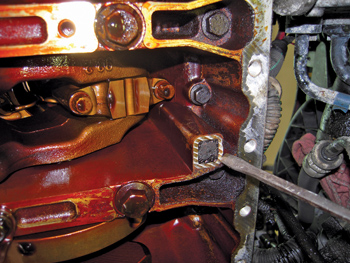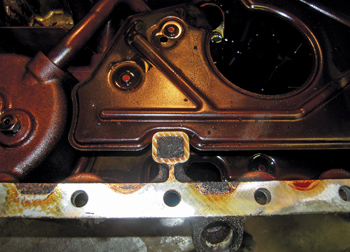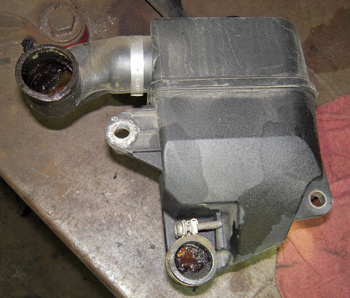Asking about this 2002 S60 5 banger turbo I bought about a year ago. I'm seeing my oil consumption going up. 123,365 miles. I changed the oil in May, using Mobil 1 0W-40. I checked in August after about 1700 miles and it needed about 8 oz. make up oil to be at the full line. After the next 1300 miles, though, it needed about three times that. I just checked again and the consumption is now on pace to be about 1 qt./1000 miles.
This seems to be a pretty big increase in consumption over just a few months. Is there any chance the chemistry of the oil is changing and is, therefore, being consumed at a higher rate? Fuel dilution. etc.? Would a full batch of fresh oil cut consumption?
Or, could it be the Mobil 1 continues to clean what was likely a pretty dirty engine and that has produced extra consumption?
And what remedies are there to cut consumption? This is my first turbo and first real oil user, so I'm ignorant and all ears.
Thanks, folks. -Scott
This seems to be a pretty big increase in consumption over just a few months. Is there any chance the chemistry of the oil is changing and is, therefore, being consumed at a higher rate? Fuel dilution. etc.? Would a full batch of fresh oil cut consumption?
Or, could it be the Mobil 1 continues to clean what was likely a pretty dirty engine and that has produced extra consumption?
And what remedies are there to cut consumption? This is my first turbo and first real oil user, so I'm ignorant and all ears.
Thanks, folks. -Scott



